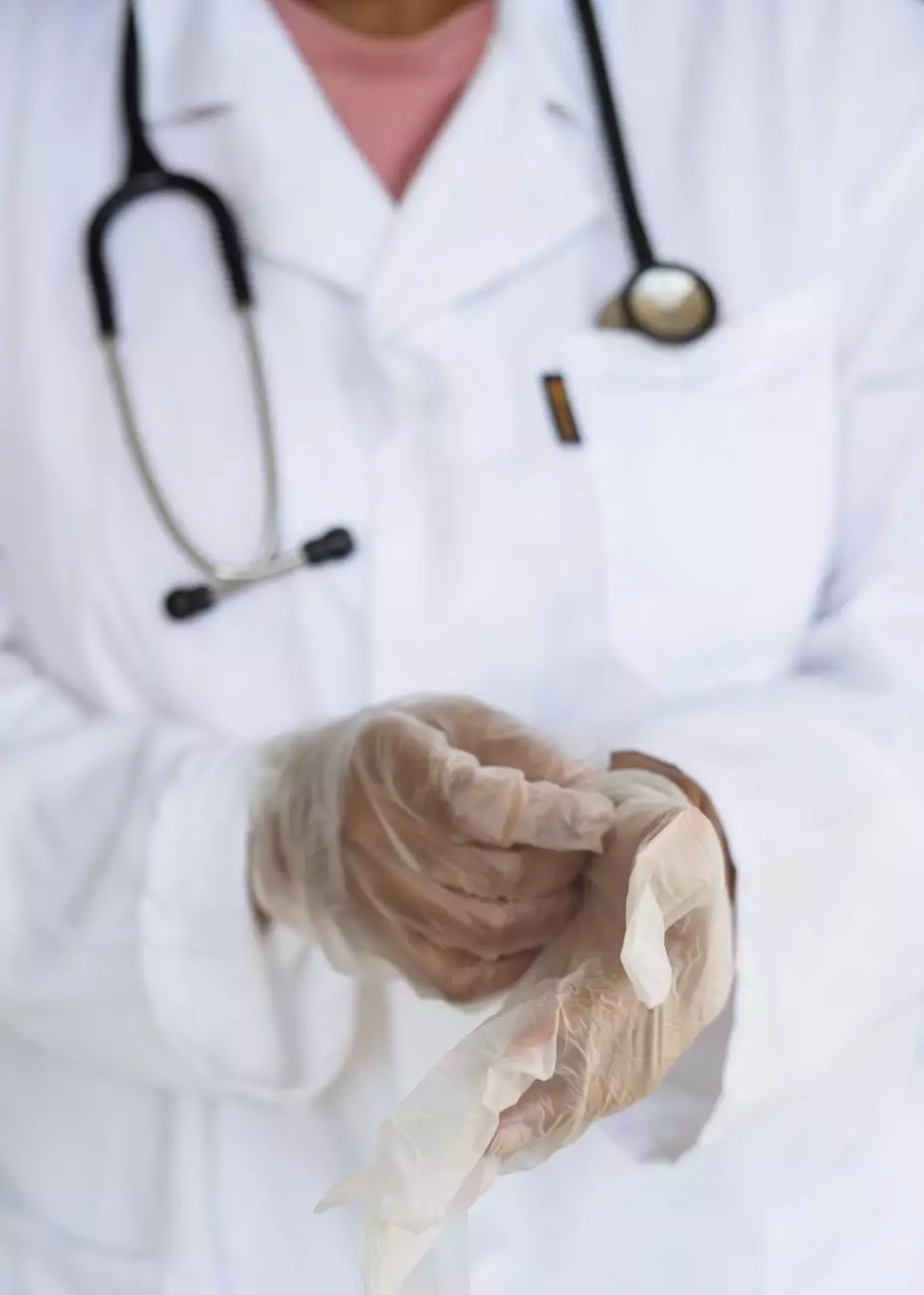Comprehensive Patient Education on Breast Health
Patient Education
Welcome to the Patient Education section of Metro St Louis and Southern Illinois Breast Health Centers, your trusted source for comprehensive information on breast health, breast cancer, diagnosis, treatment options, and more. We understand the importance of empowering patients with knowledge and resources to make informed decisions about their health.
Understanding Breast Health
It is essential to have a good understanding of breast health to ensure early detection and prevention of breast-related issues. Our expert team is dedicated to providing you with accurate and reliable information on various aspects of breast health, including:
- Breast Anatomy: Learn about the structure and function of the breast, including the different types of tissues and glands present within.
- Normal Breast Changes: Discover the natural changes that occur in breast tissue throughout a woman's life, such as during puberty, pregnancy, and menopause.
- Breast Self-Examination: Find step-by-step instructions on how to perform regular self-examinations to detect any abnormalities or changes in your breasts.
- Mammography and Imaging: Understand the importance of mammograms and other imaging techniques in early breast cancer detection.
Breast Cancer: Early Detection and Diagnosis
Early detection of breast cancer significantly improves a patient's chances of successful treatment and survival. In this section, we provide comprehensive information on:
- Signs and Symptoms: Learn about common signs and symptoms of breast cancer, such as breast lumps, changes in breast shape or size, nipple discharge, and more.
- Screening Guidelines: Stay informed about the recommended age, frequency, and various screening methods used for the early detection of breast cancer.
- Diagnostics Tests: Understand the different diagnostic tests available, such as mammograms, ultrasounds, MRIs, and biopsies, and how they help in confirming breast cancer.
- Genetic Testing: Explore the role of genetic testing in assessing the risk of developing breast cancer, including information on BRCA1 and BRCA2 gene mutations.
Treatment Options and Support
When it comes to breast cancer, choosing the right treatment option and having a strong support network are critical. We strive to provide you with a comprehensive understanding of:
- Treatment Modalities: Explore the different treatment options available for breast cancer, including surgery, radiation therapy, chemotherapy, targeted therapy, and hormonal therapy.
- Reconstructive Surgery: Learn about breast reconstruction options and resources available for women who have undergone mastectomy or breast-conserving surgeries.
- Support Services: Discover the range of support services and resources available to breast cancer patients, including counseling, support groups, financial assistance, and survivorship programs.
Prevention and Healthy Lifestyle
Prevention and maintaining a healthy lifestyle are essential in reducing the risk of breast cancer. Our patient education resources cover important topics, such as:
- Risk Factors: Understand the various risk factors associated with breast cancer, including family history, age, hormonal factors, obesity, and lifestyle choices.
- Healthy Habits: Discover practical tips and recommendations for leading a healthy lifestyle, including maintaining a balanced diet, engaging in regular physical activity, limiting alcohol consumption, and avoiding tobacco.
- Regular Check-ups: Learn about the importance of regular breast health check-ups, including clinical breast exams and mammograms, as part of preventive care.
Supporting Breast Health Awareness
At Metro St Louis and Southern Illinois Breast Health Centers, we are committed to spreading breast health awareness in our community. Join us in our efforts by attending our educational events, participating in breast cancer awareness campaigns, and sharing our resources with your friends and family.
Remember, knowledge is power, and by educating yourself about breast health, you are taking an active role in your own well-being. Stay informed, be proactive, and together, we can make a difference in the fight against breast cancer.




